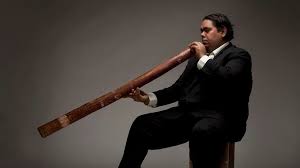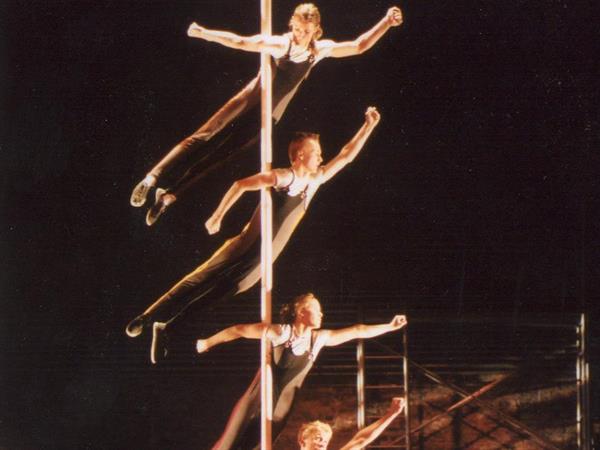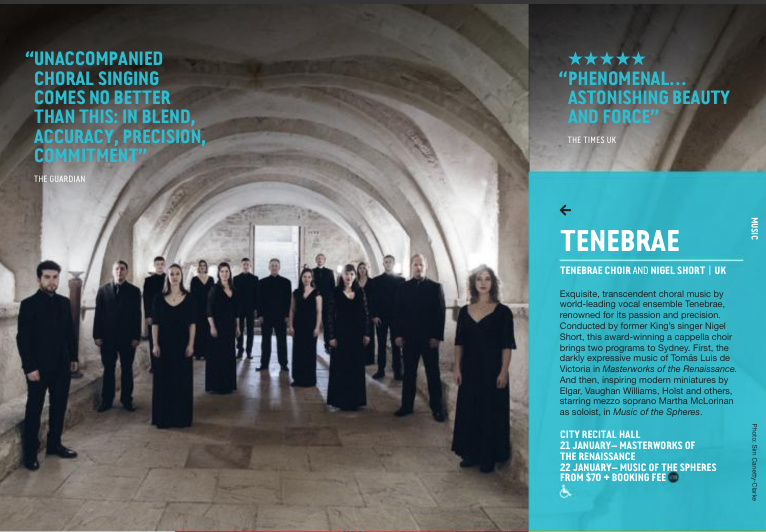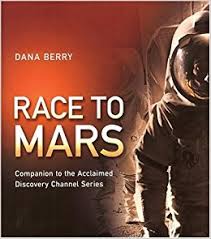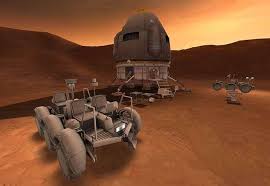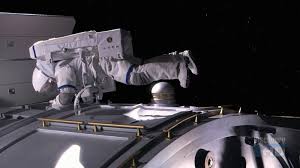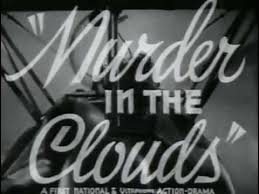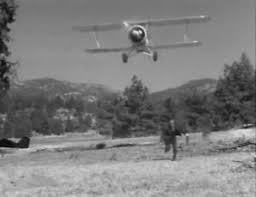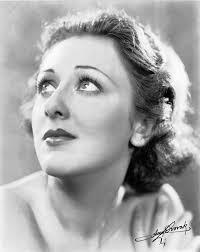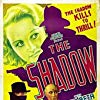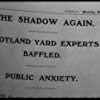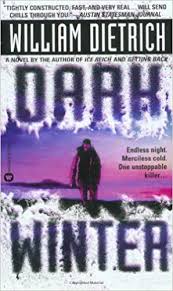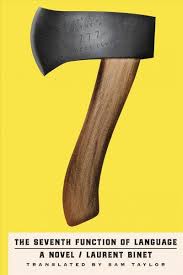Deadly Lies (2017) by Chris Collett
GoodReads meta-data is 348 pages, rated 4.2 by 2881 citizens
Gerne: krimi
Verdict: Procedural

A journalist is found dead in his Spartan home in Birmingham, the second largest city in England these days. Local plod writes it down as suicide and prepares to leave, but by chance DI Mariner is nearby, attracted by the flashing lights of the panda car; he takes a closer look. It is enough to make a citizen lose faith in Plods. He finds obvious signs it is a murder and also a witness hiding under the stairs which the local plod had missed.
The witness is of little use for though he is twenty-nine years old he is on the far end of the autism spectrum. That malady, its effects on families, its care and treatment, the cocktail of guilt and wishful thinking it triggers, the charlatans that comes out to feed on it, these are all central to the plot. I found out more about autism than I liked, truth to tell, but it did develop the plot, including the description of the home as spare, sparse, and Spartan.

The deceased was the sole-carer of this autistic man, his brother, and had devoted most of life in recent years to that. Now that he is dead, their reluctant sister has to prise herself away from her high-powered job to take over. One day she is soaring with corporate eagles, and next day cleaning up the living room after this unhouse trained man-child brother has…. While she has been well paid, and her brother left a sizeable estate, the cost of residential professional care for the autistic brother is cosmic, far beyond ‘well paid’ and ‘sizeable,’ more in the income range of an Oil Sheik, a Latin American dictator, or the President in Thief. In any event the deceased estate will be tied up for at least a year, and she will not be well paid if she has to care for the brother full-time. The problem for her is N-O-W. One place she turns for help is the kindly old family doctor.
Meanwhile, Mariner noses around. He is especially motivated to stick his oar in the water because by sheerest chance (maybe a little bit too sheer for some readers, like this one) he realised he had seen the deceased outside a pub earlier that very evening as the victim was getting into a distinctive, if old, Stuttgartmobile.
Thereafter the herrings are diverse and red. Mariner’s fallibility is nicely handled as he goes from dead ends to false trails and back. The moral growth of the sister as she copes with her unwanted brother, and in so doing begins to see the world in a different light is credible.
According to the formula the least likely person is the villain and that applies here with a deus ex machina revelation, although it leaves many, many loose ends. We may infer that low bid contractors for the Bleachers did it and they remain untouched, yet they killed four people on someone’s orders. What were those symbols that were mentioned several times early and then dropped? Did I flick a page too fast and miss the point? Perhaps later titles in the series dot a few of these i’s, and I might find out.

There is much to’ing and fro’ing in Birmingham, including Bournville which we visited on the utopia trail in 2004, and many of the city’s canals. When planning a trip occasionally I consult Trip Fiction for novels set in the destination, click on https://www.tripfiction.com. Anticipating a trip to Birmingham late in 2020 I went looking and found this title.



